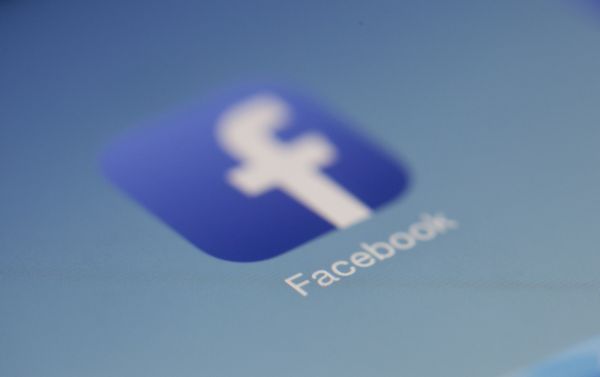Facebook Takes Down Phony Accounts Spreading Russian Disinformation in Ukraine

Over the weekend, social media giant Facebook took down a network of fake accounts spreading Russian disinformation in Ukraine.
According to a statement, the company said it removed about 40 pages and groups posing as Ukrainian news entities or individuals across Meta-owned platforms including Facebook and Instagram.
“They were operated from Russia and Ukraine and targeted people in Ukraine across multiple social media platforms and through their own websites,” the company explained.
“We took down this operation, blocked their domains from being shared on our platform, and shared information with other tech platforms, researchers and governments. When we disrupted this network on our platform, it had fewer than 4,000 Facebook accounts following one of more of its Pages and fewer than 500 accounts following one or more of its Instagram accounts.”
In the Sunday night briefing, Meta’s Director of Threat Disruption David Agranovich said that the disinformation campaigns were linked to fake personas and brands with accounts on various digital platforms including Facebook, Twitter, YouTube, Telegram and Odnoklassniki and VK.
The disinformation groups used computer-generated photos to bolster their credibility and posed as news editors and a former aviation engineer based in Kyiv, among others.
“Our investigation is ongoing, and so far we’ve found links between this network and another operation we removed in April 2020, which we then connected to individuals in Russia, the Donbass region in Ukraine and two media organizations in Crimea — NewsFront and SouthFront, now sanctioned by the US government,” Agranovich added.
Threats to users, military and public figures in Ukraine don’t stop here. Security researchers at Meta also warned of increased hacking attempts and disinformation campaigns deployed by the malicious group known as ‘Ghostwriter’.
“We detected attempts to target people on Facebook to post YouTube videos portraying Ukrainian troops as weak and surrendering to Russia, including one video claiming to show Ukrainian soldiers coming out of a forest while flying a white flag of surrender,” Meta said.
“We’ve taken steps to secure accounts that we believe were targeted by this threat actor and, when we can, to alert the users that they had been targeted. We also blocked phishing domains these hackers used to try to trick people in Ukraine into compromising their online accounts.”
The company urges users in Ukraine and Russia to take extra security measures when going online. This includes using the Lock Your Profile feature, enabling two-factor authentication, and making sure they use unique passwords across all online accounts.
tags
Author
Alina is a history buff passionate about cybersecurity and anything sci-fi, advocating Bitdefender technologies and solutions. She spends most of her time between her two feline friends and traveling.
View all postsRight now Top posts
How to Protect Your WhatsApp from Hackers and Scammers – 8 Key Settings and Best Practices
April 03, 2025
Outpacing Cyberthreats: Bitdefender Together with Scuderia Ferrari HP in 2025
March 12, 2025
Streamjacking Scams On YouTube Leverage CS2 Pro Player Championships to Defraud Gamers
February 20, 2025
How to Identify and Protect Yourself from Gaming Laptop Scams
February 11, 2025
FOLLOW US ON SOCIAL MEDIA
You might also like
Bookmarks








